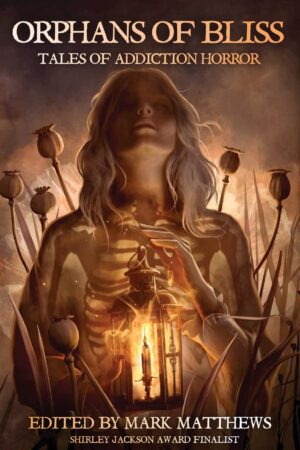
Happy New Year to all our colleagues for 2024!
As we head into 2024, and before the Wellness Committee gets stuck into its work for the coming year, it is appropriate to take a pause to thank everyone who has supported and engaged with the work of the committee over the past twelve months, to celebrate our collective achievements in raising awareness of the mental health initiative, and to reflect again on our mission to promote positive mental health, foster the concept of hope, and challenge the stigma of mental illness in the horror genre. In the main, our work has involved development of programs such as
NOTABLE WORKS, facilitating panel events and discussions, curating articles and blogs, providing sensitivity reading services to conferences and festivals, and awareness outreach to the wider horror community. We could not have carried out this work without the engagement and encouragement of HWA members and we are grateful for your enthusiastic support.
Trigger warning: This article discusses mental health.


 This month on Holistic Horrors we take a brief look at the role of poetry in promoting well-being and connectiveness. Numerous studies suggest that this is the case. For example, in their 2018 study examining the value of writing poetry as a “means to help people living with chronic pain to explore and express their narratives in their own unique way”, researchers Hovey, Khayat, and Feig concluded that “to write cathartic poetry means bringing into presence our inner reflective thinking, emotions, and self-empathy to help ourselves and others who suffer alongside us.”
This month on Holistic Horrors we take a brief look at the role of poetry in promoting well-being and connectiveness. Numerous studies suggest that this is the case. For example, in their 2018 study examining the value of writing poetry as a “means to help people living with chronic pain to explore and express their narratives in their own unique way”, researchers Hovey, Khayat, and Feig concluded that “to write cathartic poetry means bringing into presence our inner reflective thinking, emotions, and self-empathy to help ourselves and others who suffer alongside us.” 

